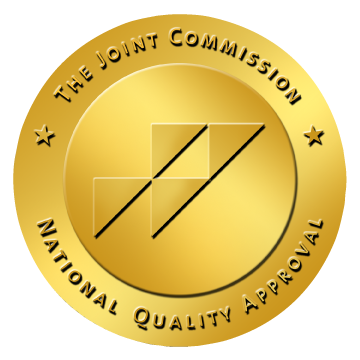Alcohol abuse is the excessive and repeated consumption of alcoholic beverages despite adverse social, occupational, or health consequences. Alcohol use disorder (AUD) is the clinical diagnosis for those who abuse or are addicted to alcohol.
Many people who abuse alcohol may not realize that their drinking has become a problem or may try to hide their behavior from others, making it difficult for loved ones to intervene and help. By recognizing the signs of hidden alcohol abuse, individuals and their loved ones can take steps to address the problem early on, seek appropriate treatment, and reduce the risk of irreparable consequences.
Alcohol abuse can be challenging to detect, especially if the person tries to hide their drinking behavior. However, some signs listed below may suggest an alcohol problem.
Physical signs of hidden alcohol abuse may include:
A change in appearance can indicate that someone is struggling with an alcohol problem. Poor hygiene, lack of grooming, or dirty or unprofessional clothing are red flags.
Does the person you’re worried about have frequent accidents resulting in bruises or other signs of injury? Do they have blackouts or other memory problems? Any of these physical changes are cause for concern.
If you notice some of the physical symptoms noted above, like nausea, sweating, or shaking, after a period you know the person hasn’t had access to alcohol, they may be experiencing withdrawal symptoms, which is a significant indicator of alcohol dependency.
Behavioral signs of hidden alcohol abuse may include:
When confronted with questions about alcohol use, the person may adamantly deny they have a problem and blame others for perceived issues.
Has the person been neglecting personal and professional responsibilities? Are they forgetting important dates or failing to show up for work, school, or an event they promised to attend? Is there a decline in work or school productivity?
Have you observed any of the following behavior if you are with the person when they are drinking?
Psychological signs of hidden alcohol abuse often include:
Alcohol affects neurotransmitters in the brain, particularly those related to mood and behavior, such as dopamine and serotonin. Regular, excessive alcohol can disrupt the balance of these neurotransmitters, triggering anger, aggression, sudden outbursts, and impulsivity and contributing to poor judgment and decision-making.
Social signs of hidden alcohol abuse can include:
Drinking excessive alcohol at social, professional, or sporting events may indicate a serious alcohol problem. Is the person more hot-headed or argumentative when they drink? Do they fight more with loved ones? Are they quick to get a refill so they constantly have a drink in their hand?
Alcohol abuse can be a sensitive and stigmatized topic, and many individuals who struggle with it feel isolated, ashamed, guilty, and defensive. First, educate yourself on the disease of alcoholism so you understand why it is challenging for a person to stop without professional help. When you are ready to begin the conversation, find a safe and private place to discuss alcohol use. Be compassionate and avoid accusations.
By recognizing the signs of hidden alcohol abuse, you may save your loved one and your family from potential tragedy. Noticing and questioning changes like those summarized below may help you guide your loved one into seeking professional help before the problem escalates.
New England Medical Group offers a comprehensive outpatient treatment program for those struggling with alcohol abuse. Contact us to learn about our excellent patient outcomes and how we can help your situation.
